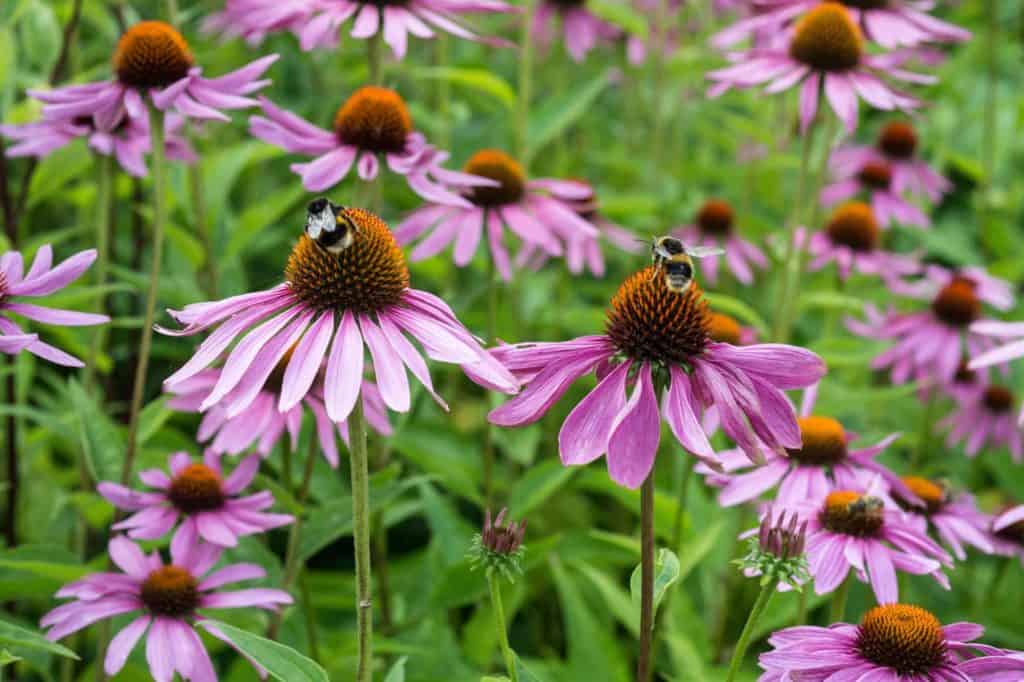
Democratic presidential candidate Sen. Elizabeth Warren (D-MA) has tackled climate change in three key proposals.
Credit: Scott Olson/Getty Images
Massachusetts Sen. Elizabeth Warren has released not one, but three climate change plans as part of her campaign for president. So far.
Since April, she has outlined an agenda to counter growing greenhouse gas emissions and rising average temperatures through policies for public lands, the military, and US manufacturing. And more are in the works, according to her campaign.
Warren’s approach also frames climate change as an issue of economic justice. Speaking at the first Democratic presidential debate, Warren said that the economy is doing well, but only for a narrow slice of the country. “It’s great for giant oil companies that want to drill everywhere,” she said. “Just not the rest of us who are watching climate change bear down on all of us.”
Her piecemeal approach is distinct from the other Democratic candidates who’ve released climate proposals as a comprehensive bundle. Chief among them is Washington Gov. Jay […]

Growing purple coneflowers will attract wild bees. Credit: Alamy
Last year’s extreme weather meant a tough year for many of the UK’s bees, and conservationists are concerned that could have a knock-on effect this year and beyond. According to a report from the Bumblebee Conservation Trust, they could face long-term problems from future heatwaves. But we can give them a helping hand.
You don’t need to keep honeybees to help bees – in fact, a 2018 study commissioned by Cambridge University suggests that this can harm wild bees. It’s thought that the more bees there are in an area, the more competition there is for nectar and pollen; if every shopping centre has three or four hives on the roof, what does that mean for the wild bees?
It would be easy to assume that our built-up towns […]

An Indian river that is drying up.
At least 21 cities in India, including capital New Delhi, Bengaluru, Chennai and Hyderabad, will run out of groundwater by 2020, affecting around 100 million people. (emphasis added)
India’s news network NDTV said 40 percent of India’s population will have no access to drinking water by 2030, according to a report by the National Institution for Transforming India (NITI Aayog) – the country’s principal planning organisation.
One of the worrying predictions of climate change has been a weakening monsoon season in South Asia. For the last five years, rainfall in the region has been below average, with 2015 being the worst at 86 percent.
This year’s late monsoon progress is worrying, with a prolonged heatwave aggravating the situation. From Andhra Pradesh to Bihar, the late onset of monsoon cloud and rain has allowed daily temperatures to remain higher than normal.
Chennai out of water
The city of Chennai in Tamil Nadu state is now virtually out of water, while it has been […]

Senator Elizabeth Warren Credit: Getty
Senator and presidential candidate Elizabeth Warren (D-MA) released a “plan to strengthen our democracy” on Tuesday.
Much of Warren’s plan tracks the For the People Act of 2019, the legislation commonly referred to as “H.R. 1,” which House Democrats passed last March. What sets Warren’s plan apart is the sophisticated mechanisms she uses to insulate voting reforms from state officials hostile to voting rights.
Warren’s plan is not a perfect solution to the problem of anti-democratic state officials, and, like nearly all laws, it is defenseless against a rogue Supreme Court that is determined to give an electoral advantage to Republicans. Nevertheless, it’s a thoughtful effort at least, to mitigate red states’ ability to sabotage pro-democratic reforms.
The Warren plan includes many of the same reforms included in H.R. 1, a bill which represents the consensus among congressional Democrats and voting rights groups. Like H.R. 1, Warren pushes for enhanced election security, automatic voter registration, early voting at least 15 days […]

Plane spraying toxins over fields of food.
Credit: Marcos Alves / Moment Open / Getty
More than 40 percent of insects could go extinct globally in the next few decades. So why did the U.S. Environmental Protection Agency (EPA) last week OK the ’emergency’ use of the bee-killing pesticide sulfoxaflor on 13.9 million acres?
EcoWatch teamed up with Center for Biological Diversity via EcoWatch Live on Facebook to find out why. Environmental Health Director and Senior Attorney Lori Ann Burd explained how there is a loophole in the The Federal Insecticide, Fungicide, and Rodenticide Act under section 18, “that allows for entities and states to request emergency exemptions to spraying pesticides where they otherwise wouldn’t be allowed to spray.”
In a press release sent to EcoWatch, the Center for Biological Diversity stated:
The approval includes 2019 crops of cotton and sorghum in Alabama, Arkansas, California, Georgia, Kansas, Louisiana, Missouri, Mississippi, Tennessee, Texas and […]










